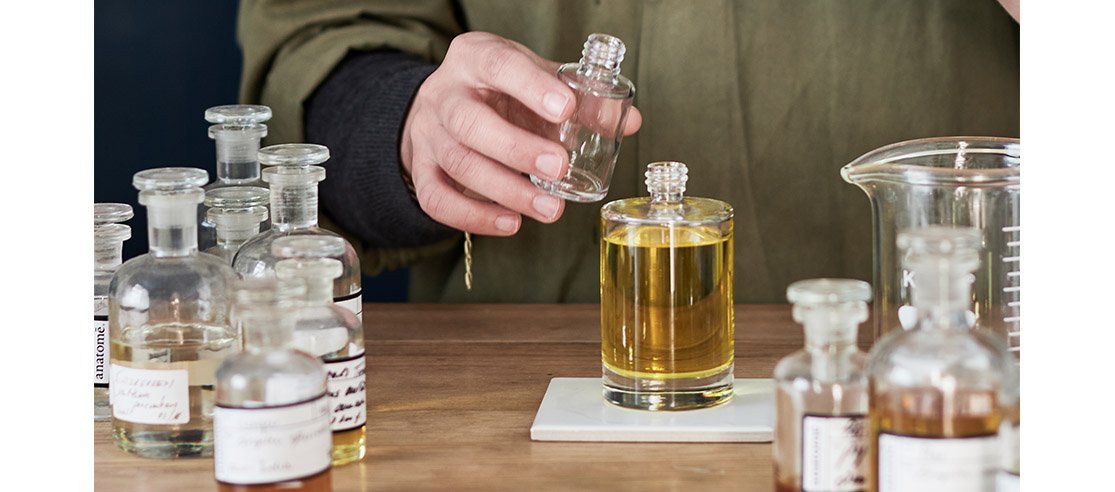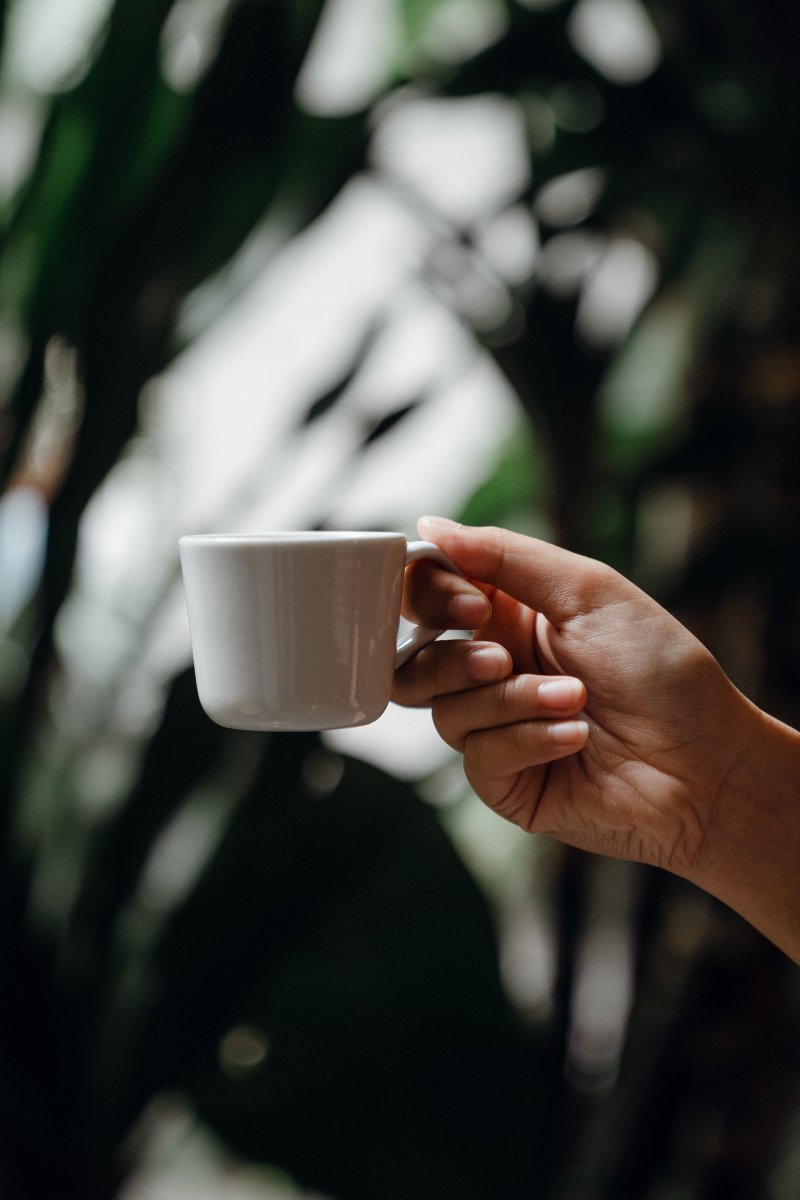
Are there foods or drinks that help you sleep?
We are bombarded with claims that tell us to ‘eat this’, or ‘drink this’, to help you sleep. Are any of these claims true, and why do they work? Multiple connections exist between sleep patterns, eating behaviour, and energy balance - some foods and drinks contain compounds that may help you either fall or stay asleep.
Almost all nations worldwide have traditions about specific food and drink that will help us sleep well. On top of that, marketers and newspapers seize on the smallest pieces of evidence to make huge claims about how the latest product is the one thing that will send you to sleep.
Probably the most universally observed idea is that a glass of warm milk before bed will send us to sleep. We know that milk contains the sleep inspiring amino acid tryptophan, so it seems to make sense.

Curious research into the timing of milking cows
A study investigating whether milking cows at night-time (night-time milk) as opposed to daytime (daytime milk) is of scientific interest. Recent research (in mice) has shown that milk taken from cows at night has significantly higher levels of tryptophan and melatonin, and further research is needed to discover whether the timing of milking your cows might make a difference.
Tryptophan plays a significant role in the sleep-promoting foods arena. It is an essential amino acid that gets converted into serotonin (the feel-good hormone) in the brain, which in turn is converted to melatonin (the sleep-inducing hormone). This biological sequence has such a powerful influence on our well-being that finding ways to increase our intake of tryptophan can improve our sleep and our mood.
An essential amino acid, our body doesn’t make tryptophan, so we need to absorb it in our diet. It can be found in foods such as oats, whole milk, cashew nuts, lean chicken, turkey and roast lamb and sunflower seeds*.
Although some foods are rich in tryptophan, which can promote melatonin secretion at night, some foods are also rich in melatonin combined with bright light exposure during the day. In recent decades much research has taken place to identify foods with high levels of melatonin present. Eggs, fish, nuts, brown mushrooms, cereals and seeds are also good dietary sources.
Quick fact:
Traditionally, lettuce has been suggested to have sleep-inducing properties. Historically lettuce seed oil has been used as a sleeping aid, and studies have shown that lettuce can help you fall asleep, but you may have to eat large quantities to enjoy its soporific qualities.

Question: Does cherry juice help me to sleep?
Several small studies have suggested that drinking cherry juice morning and night can help regulate your sleep cycle, make it easier for you to fall asleep and stay asleep with the possibility of gaining more than an extra hour of sleep. Not only that, due to its antioxidant properties, it can reduce cholesterol and blood pressure. Too good to be true?
Initially, it was thought that due to the melatonin content of cherries, they could provide a natural remedy for insomnia; however, in trials, it was shown while the cherries do contain melatonin, the melatonin levels are significantly lower than those found in a melatonin supplement. To drink enough cherry juice to match your average melatonin supplement is likely to have some very unwelcome side effects on your digestion!
However, there are cherry juices, and then there is sleep-inducing cherry juice. These are two very different things. The cherry juice used in sleep studies is tart cherry juice. This is made from Montmorency cherries. While it might seem that drinking 8 ounces/240 ml of cherry juice a day is a tasty thing to do, the issue is its tartness. To make it palatable, keep an eye on the quantity of sugar as this brings its own problems impacting your waistline and causing potential issues for people with diabetes.
The health properties of cherries continue to be explored not just for sleep but for their anti-inflammatory properties. If you want to give it a try, be sure to look for ones without added sugar or with “concentrate” in the name.
Things to watch out for when reading claims about foods and their effects on sleep.
Don’t just rely on a product’s biased marketing. Do some research, ask your GP. Remember, your diet is personal, and what works for one person might not work for you.
Research into the sleep-inducing properties of food is a highly complex area. Still, we know that increasing fruit and vegetable intakes, choosing whole grains (higher in fibre), and favouring vegetable oils (low in saturated fat) keeps us healthy and supports our sleep.
Food and drink that won’t help your sleep
- Anything that contains caffeine, a stimulant, can undoubtedly affect sleep if consumed too close to bedtime.
- Alcohol may initially send you to sleep, but it acts as a sedative and affects REM sleep, resulting in poor quality sleep.
- Consuming spicy foods late at night can cause digestive issues that can interfere with sleep. Research also suggests that capsaicin, a compound found in spicy foods, may increase body temperature, thereby interfering with sleep.
- Drinking too much water/fluids before bed can cause you to wake for frequent trips to the bathroom.
References:
De la Peña, I. J., Hong, E., de la Peña, J. B., Kim, H. J., Botanas, C. J., Hong, Y. S., Hwang, Y. S., Moon, B. S., & Cheong, J. H. (2015). Milk Collected at Night Induces Sedative and Anxiolytic-Like Effects and Augments Pentobarbital-Induced Sleeping Behavior in Mice. Journal of medicinal food, 18(11), 1255–1261.
Available at: https://pubmed.ncbi.nlm.nih.gov/26501383/
Losso, J. N., Finley, J. W., Karki, N., Liu, A, G., Prudente, A., Tipton, R., Yu, Y., Greenway, F, L., (2018). Pilot Study of the Tart Cherry Juice for the Treatment of Insomnia and Investigation of Mechanisms, American Journal of Therapeutics: Vol: 25. Issue 2. P e194-e201
Available at: https://www.ncbi.nlm.nih.gov/pmc/articles/PMC5617749/
Chai, S.C., Davis, K., Zhang, Z., Zha, L., Kirschner, K. F., (2019). Effects of Tart Cherry Juice on Biomarkers of Inflammation and Oxidative Stress in Older Adults. Nutrients. 11(2): 228.
Available at: https://www.ncbi.nlm.nih.gov/pmc/articles/PMC6413159
Soh, N.L. & Walter, G., (2011). Tryptophan and depression: can diet alone be the answer? Acta Neuropsychiatrica, 23(1), pp.3–11.
Richard, D. M., Dawes, M. A., Mathias, C. W., Acheson, A., Hill-Kapturczak, N., & Dougherty, D. M. (2009). L-Tryptophan: Basic Metabolic Functions, Behavioral Research and Therapeutic Indications. International journal of tryptophan research: IJTR, 2, 45–60.
Available at: https://www.ncbi.nlm.nih.gov/pmc/articles/PMC2908021/
Fukushige, H., Fukuda, Y., Tanaka, M., Inami, K., Wada, K., Tsumura, Y., Kondo, M., Harada, T., Wakamura, T., & Morita, T. (2014). Effects of tryptophan-rich breakfast and light exposure during the daytime on melatonin secretion at night. Journal of physiological anthropology, 33(1), 33.
Available at: https://www.ncbi.nlm.nih.gov/pmc/articles/PMC5409706/
Meng, X., Li, Y., Li, S., Zhou, Y., Gan, R. Y., Xu, D. P., & Li, H. B. (2017). Dietary Sources and Bioactivities of Melatonin. Nutrients, 9(4), 367.
Available at: https://www.ncbi.nlm.nih.gov/pmc/articles/PMC5409706/
Kim, H. D., Hong, K. B., Noh, D. O., & Suh, H. J. (2017). Sleep-inducing effect of lettuce (Lactuca sativa) varieties on pentobarbital-induced sleep. Food science and biotechnology, 26(3), 807–814. Available at: https://www.ncbi.nlm.nih.gov/pmc/articles/PMC6049580/





